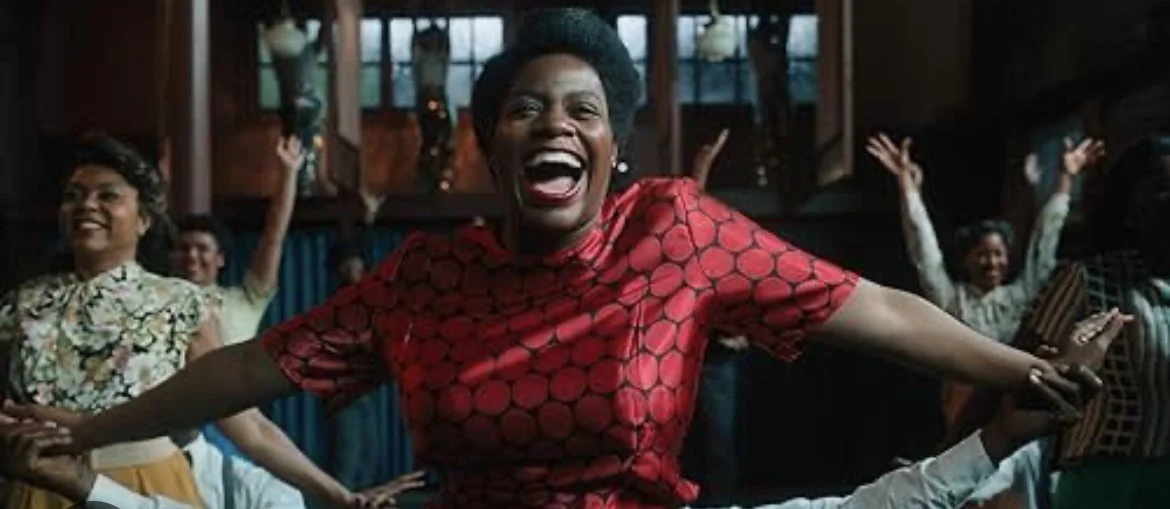Critics are being too kind to “The Color Purple,” but I get it, it’s the holiday season, let’s celebrate movies, even the mediocre ones. The result is a 70 on Metacritic and 88% on Rotten Tomatoes.
‘Color Purple’ is the definition of mediocre. It’s not good, but it’s not bad either. It’s just…there. Especially if you’ve seen Steven Spielberg’s 1985 film or read Alice Walker’s Pulitzer Prize-winning novel of the same name, the material isn’t anything new. Director Blitz Bazawule’s adaptation doesn’t change any of the story. It’s a beat by beat remake with lukewarm musical numbers sprinkled all around.
It’s still about Celie (Fantasia Barrino), torn apart from her sister and children. Celie’s effectively given over by her father to an abusive husband (Mister). He has a side woman, sultry singer Shug Avery (Taraji P. Henson), and Celine sparks a friendship with Shug.
There’s as assortment of side characters in ‘Color Purple.’ Danielle Brooks practically steals the show, reprising her Tony Award-nominated role as Sofia, a large, fiercely independent woman who befriends Celie and marries the timid Harpo.
Domingo is notably good as Mister — Celie’s morally bankrupt husband, an abuser, both physical and verbal, who barely has a good bone in his body. Barrino is fine, but you’re not really that emotionally invested in her character. There’s nothing exceptional to her performance, and I imagine if a better actress had taken over the role then maybe the film’s quality might have been slightly elevated.
The major issue I had was in Bazawule’s direction. His film feels too stagey, there’s not much here that’s cinematically satisfying. He delivers the film as a stage play, one that also happens to be a movie. There are lots of glossy shots and not many memorable musical numbers.
It’s a real shame because DP Dan Lausten’s photography is quite beautiful; he plays around with bright colors here and soothes the visuals with this wonderful vibrancy. On the other hand, Lausten and Bazawule’s highly stylized look ends up taking away from the shock of violence and tragedy that’s deeply ingrained within the source material.
You can tell that this is Bazawule’s first foray in big budget filmmaking as the whole thing doesn’t really gel — the narrative is messy, the pacing is way off. There’s no real passion, or perspective, seeped into these frames. Even worse, it’s suffocated by sentimentality, ad nauseum. Bazawule desperately wants to tear your heart out with obvious cues and emotionally false moments. It all culminates with a rather dreadfully candy-coloured ending. [C]






